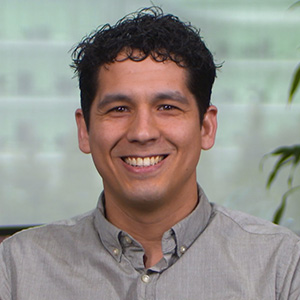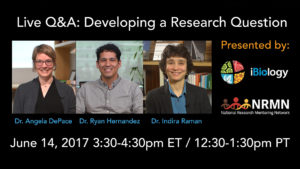Ryan Hernandez is an Associate Professor in the Department of Bioengineering and Therapeutic Sciences at the University of California, San Francisco. He studies patterns of genetic variation in modern day populations to gain insights into their evolutionary history. His focus is on the development of population genetic models that can best explain observed data, with the goal of understanding the genetic basis for complex traits. His interests span basic population genetics, human disease genetics, and host-pathogen interactions. His scientific approach tends to be highly computational, often involving a thorough analysis of detailed simulations. He earned his bachelor’s at Pitzer College and then moved on to earn his Master’s and Ph.D. in Biometry at Cornell University.

Talks with this Speaker
Live Q&A: Developing a Research Question
Developing a scientific question is an essential first step in doing research. A well-formulated question focuses your research and guides your experimental approach. (Talk recorded in June 2017)

Audience:
- Researcher
- Educators of Adv. Undergrad / Grad
Duration: 01:01:51



